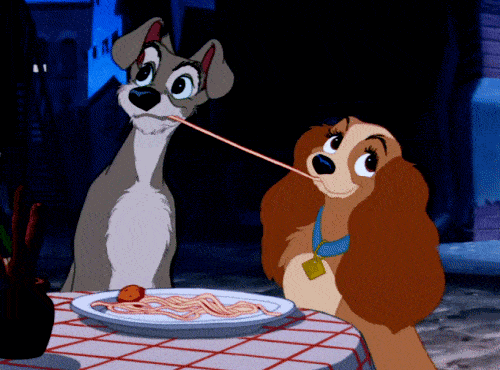1/20
2/20
3/20
4/20
5/20
6/20
7/20
8/20
9/20
10/20
11/20
12/20
13/20
14/20
15/20
16/20
17/20
18/20
19/20
20/20




Do you ever wonder if you are in love? Maybe you have one person in your head, and you wonder if this is love already? Won’t starting something more turn out to be a mistake? These are difficult questions, but luckily, we’ve created a quiz to help you clear your doubts about them. First, let’s examine the topic of infatuation, love, and other aspects related to them.
Infatuation or being smitten is the state of being carried away by an unreasoned passion, usually towards another person for whom one has developed strong romantic feelings. Psychologist Frank D. Cox says that infatuation can be distinguished from romantic love only when looking back on a particular case of being attracted to a person. Infatuation may also develop into a mature love. Goldstein and Brandon describe infatuation as the first stage of a relationship before developing into a mature intimacy. Whereas love is “a warm attachment, enthusiasm, or devotion to another person”, infatuation is “a feeling of foolish or obsessively strong love for, admiration for, or interest in someone or something”, a shallower “honeymoon phase” in a relationship. Infatuation usually occurs at the start of relationships. It is usually marked by a sense of excitement and euphoria, and it’s often accompanied by lust. The illusions of infatuations inevitably lead to disappointment when learning the truth about a lover. Adolescents often make people an object of extravagant, short-lived passion or temporary love.
Three types of infatuation have been identified by Robert Brown: the first type is characterized by being “carried away, without insight or proper evaluative judgment, by blind desire”; the second, closely related, by being “compelled by a desire or craving over which the agent has no control” while “the agent’s evaluation may well be sound although the craving or love remains unaffected by it”; and the third is that of “the agent who exhibits bad judgment and misvaluation for reasons such as ignorance or recklessness”.
Puppy love, also known as a crush, is an informal term for feelings of romantic love, often felt during childhood and early adolescence. It is named for its resemblance to the adoring, worshipful affection that may be felt by a puppy. Puppy love typically lasts between 2 months and 2 years and is thought to be fueled by preadolescent hormones. The term can be used in a derogatory fashion, presuming the affair to be shallow and transient to other forms of love.
Puppy love is a common experience in the process of maturing. The object of attachment may be a peer, but the term can also describe the fondness of a child for an adult. Most often, the object of the child’s infatuation is someone years older, like a teacher, friend of the family, actor, or musician, about whom the child will spend their time daydreaming or fantasizing. A crush is described as a coming-of-age experience where the child is given a sense of individualism because they feel intimate emotions for a person not part of their own family.
Love encompasses a range of strong and positive emotional and mental states, from the most sublime virtue or good habit, the deepest interpersonal affection, to the simplest pleasure. An example of this range of meanings is that the love of a mother differs from the love of a spouse, which differs from the love for food. Most commonly, love refers to a feeling of a strong attraction and emotional attachment.
Love is considered to be both positive and negative, with its virtue representing human kindness, compassion, and affection, as “the unselfish loyal and benevolent concern for the good of another” and its vice representing human moral flaw, akin to vanity, selfishness, amour-propre, and egotism, as potentially leading people into a type of mania, obsessiveness or codependency. It may also describe compassionate and affectionate actions towards other humans, one’s self, or animals. In its various forms, love acts as a major facilitator of interpersonal relationships and, owing to its central psychological importance, is one of the most common themes in the creative arts.
Ancient Greek philosophers identified six forms of love: essentially, familial love (in Greek, Storge), friendly love or platonic love (Philia), romantic love (Eros), self-love (Philautia), guest love (Xenia), and divine love (Agape). Interpersonal love refers to love between human beings. It is a much more potent sentiment than a simple liking for a person. Unrequited love refers to those feelings of love that are not reciprocated. Interpersonal love is most closely associated with interpersonal relationships. Such love might exist between family members, friends, and couples.
After analyzing this information, what can you say about your closest relationship? Is it love? And if so, is it romantic, friendly, or is it just infatuation? If you are still not sure, be sure to take the Quiz. It contains twenty questions. Answer them, and you will get the result immediately. We will help you answer the question: Am I in love?